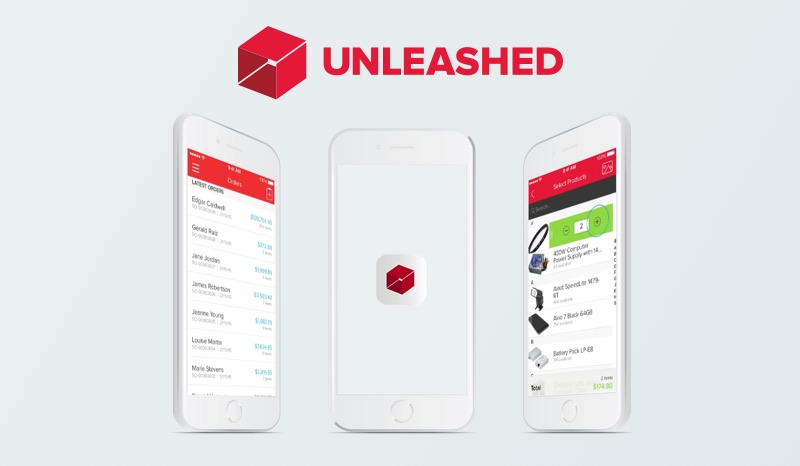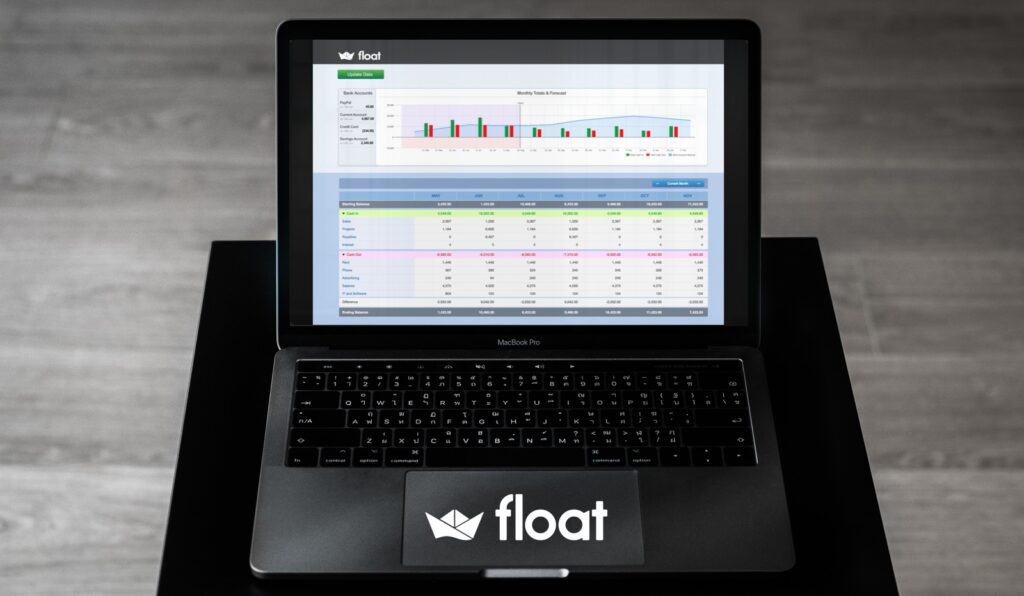We know that New Zealand businesses have faced their share of economic challenges. Despite these difficulties, Inland Revenue continues to be vigilant in tax collection. We’ve seen an increase in company liquidations across the nation, including some prominent construction firms but not limited to this industry. A significant number of these will be mitigated by Inland Revenue as they are often a significant creditor.
To stay on Inland Revenue’s good side, it’s vital to manage your tax affairs, even in tough times. Here’s what you can do:
Keep on top of your returns
Meeting deadlines is crucial to avoid late filing penalties even though it can be tempting to delay filing. Consistently filing returns demonstrates your commitment to Inland Revenue and can work in your favour.
Set up Instalment Arrangements
If you can’t meet tax payment deadlines, consider applying for an instalment arrangement. It’s such a simple thing to do and allows you to pay off the debt over time. Discuss this option with Inland Revenue before your payments are due. You’ll agree on the instalment amount and payment dates. Remember, this isn’t a tax holiday; you’re committed to paying your tax as soon as possible.
Try to avoid Use of Money Interest (UOMI)
The current rate charged by the Commissioner on underpayments is 10.91% and the rate paid on overpayments is 4.67%. Paying on time avoids these interest charges. Why pay more in interest when you don’t need to?
Consider Tax Pooling for Provisional Tax
Carefully consider your provisional tax payments. Using the uplift method might not be suitable if your profits are forecasted to be lower. Tax pooling can be a better option, especially when profits decrease or payments are missed. It allows you to delay payments at competitive interest rates. We’ve gone on about the benefits of tax pooling before. Catch up here if you missed it.
Remember, we’re here to help
Managing tax obligations is crucial to maintain cash flow and business stability. Keep open communication with your tax advisor and Inland Revenue to avoid penalties, interest, and potential insolvency. If you have questions or need guidance on these options, reach out to your Engine Room advisor; we’re here to help.



